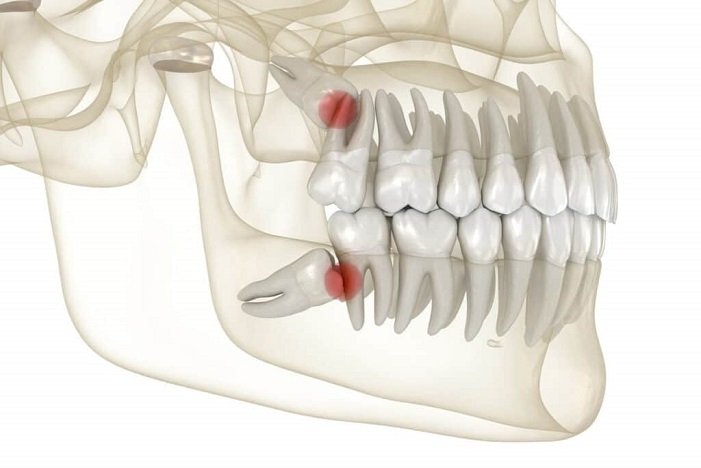Wisdom teeth – those late arrivals to the dental party that often bring more trouble than wisdom.
But have you ever wondered why they’re called “wisdom teeth”? Let’s delve into the intriguing origins of these molars that seem to cause so much dental drama for many people.
Contents
ToggleWhat Exactly Are Wisdom Teeth?
To comprehend why they’re termed “wisdom teeth,” it’s vital to understand their nature. These teeth, also known as third molars, typically appear in the back corners of the mouth. They usually emerge later in life, often in a person’s late teens or early twenties – a time when individuals are considered to gain maturity and wisdom.
Historical Significance: The Wisdom Angle
The association of these molars with wisdom isn’t merely arbitrary; it’s rooted in historical beliefs. Ancient cultures, including the Greeks, believed that these teeth appeared during an age of growing wisdom and maturity, hence the name “wisdom teeth.” The correlation between the timing of their eruption and a person’s transition into adulthood contributed to this symbolic connection.
Anthropological Perspective: Evolutionary Role
From an evolutionary perspective, the term “wisdom teeth” has a fascinating explanation. Our ancestors’ diets primarily consisted of rougher, tougher foods that required more chewing power. Consequently, these extra molars played a more functional role in assisting with the chewing and grinding of fibrous foods like roots, nuts, and raw meats. As our diets evolved, the necessity for these additional molars diminished, leading to many people experiencing issues with their wisdom teeth due to inadequate space for eruption.
Common Challenges and Dental Dilemmas
Despite their historical significance, these molars often bring along a host of dental woes. Due to changes in jaw size and dietary habits over time, most people don’t have sufficient space in their mouths for these late-blooming molars. As a result, they may become impacted, causing pain, infection, and even damage to surrounding teeth.
The Extraction Dilemma
The prevalence of issues with wisdom teeth has led to a common solution: extraction. Many individuals undergo surgical removal to prevent potential problems or to alleviate existing discomfort. While extraction can bring relief, it’s not always a straightforward procedure and can entail its own set of risks and recovery challenges.
Read More:
Why No Dairy After Dental Implant? The Surprising Reason
Conclusion
In conclusion, the term “wisdom teeth” encapsulates a blend of historical beliefs, evolutionary perspectives, and modern-day dental challenges. While they might not bestow wisdom upon us, these late-blooming molars certainly continue to pique curiosity and prompt dental visits for many individuals.
Understanding the origins and significance of “wisdom teeth” sheds light on the complexities of our oral health and the ongoing evolution of the human body.
As we navigate the intricacies of dental care, it’s essential to seek professional guidance and care to address any concerns or issues related to these enigmatic molars.

